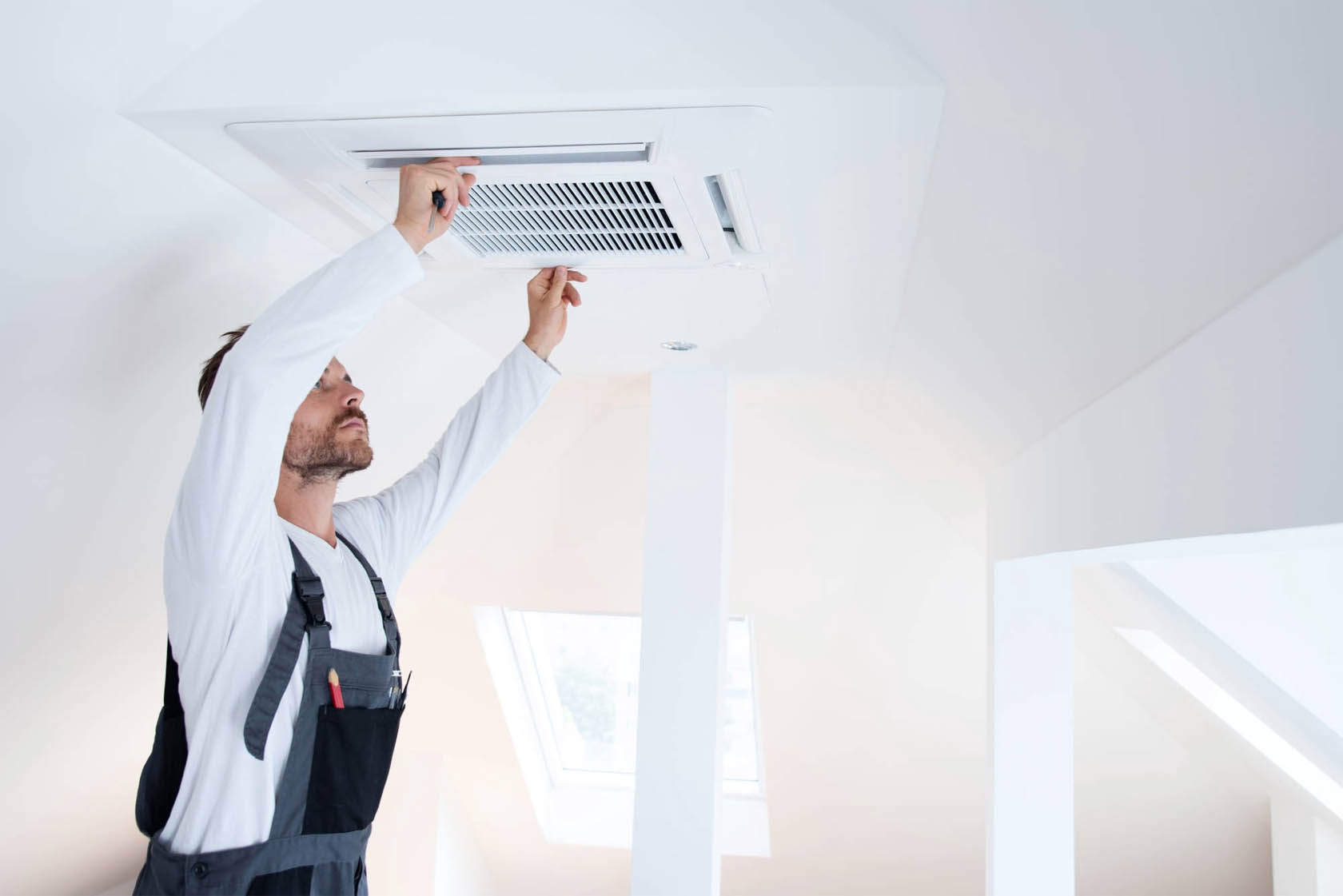Since global warming is ongoing to transform our environment, its impact is being felt throughout multiple sectors, such as heating, air flow, and air conditioning, commonly known as HVAC. Rising heat and changing climate conditions are driving homeowners and companies to reevaluate their HVAC systems. In this current climate, it's more crucial than ever to understand how these systems function and how they can be optimized for enhanced efficiency and comfort in an evolving climate.
In this article explores the complex connection between global warming and heating and cooling technology. From the newest innovations in eco-friendly systems to the importance of maintaining indoor air quality, we will cover key information that anyone can use to improve their heating system. Whether you are looking to lower your energy bills, boost your home’s coziness, or respond to the challenges posed by changing climate, this guide will provide important information into making informed decisions about your HVAC setup.
Understanding HVAC Technologies
HVAC stands for heating, ventilation, and air conditioning, which collectively form the technology utilized to ensure indoor climate control. An HVAC system is crucial in regulating the desired temperature and air quality within residential and commercial spaces. It works by utilizing various parts such as furnaces, air conditioners, heat exchangers, and ventilation fans to manage the environment. By understanding the basic functions of each part, homeowners can better recognize how these mechanisms collaborate to create a comfortable living or working space.
The thermal aspect of HVAC systems typically relies on furnaces or heat exchangers to supply warmth during colder months. Furnaces combust fuel or require electricity to generate heat, while heat exchangers transfer heat from the ambient air or the ground into the building. On the flip side, air conditioning units act to cool indoor spaces during warmer seasons. These units operate by extracting heat from the indoor air and expelling it to the exterior, often using a refrigerant to facilitate the heat exchange procedure. A properly operating HVAC system guarantees that the home stays comfortable throughout the year.
Air flow is an additional important aspect of HVAC systems. It plays a vital role in maintaining indoor air quality by introducing fresh outdoor air and expelling stale indoor air. Proper ventilation can assist reduce indoor pollutants, allergens, and humidity levels, contributing to a cleaner environment for occupants. Many contemporary HVAC systems include sophisticated filtration and humidity control features, also enhancing overall air quality and comfort. By understanding https://grimes-patrick-3.blogbright.net/examining-earthy-hvac-technologies-are-it-valuable-it , users can make knowledgeable decisions about their maintenance and upgrades, particularly in the realm of shifting climate conditions.
HVAC Servicing and Efficiency
Routine upkeep is essential for ensuring the efficiency and durability of your HVAC system. Easy tasks such as changing vent filters, washing ducts, and inspecting components can prevent minor issues from escalating into costly fixes. A properly serviced system not only runs more efficiently but also uses less energy, which results to lower utility bills. Arranging seasonal tune-ups can assist spot potential issues early and ensure your system functioning at optimal performance.
Furthermore, understanding the unique needs of your HVAC system can improve its efficiency. Different units may require different maintenance routines depending on their type, vintage, and usage. Keeping an eye on the thermostat settings is also crucial; setting it wisely can lessen strain on your system. By being proactive and mindful of these factors, homeowners can substantially prolong the lifespan of their HVAC systems while enjoying a pleasant indoor environment.
Utilizing advanced technologies for monitoring and managing your HVAC can lead to even greater efficiency. Modern HVAC systems equipped with intelligent thermostats allow users to monitor energy usage trends, adjust temperatures via apps, and receive alerts on maintenance needs. By adopting cutting-edge solutions, homeowners can maximize their systems, ensuring that they not only meet their heating and cooling demands but also contribute to comprehensive energy efficiency and financial savings.
Advancements in HVAC Technology
The HVAC sector is experiencing significant advancements driven by the need for energy efficiency and eco-friendliness. One of the most groundbreaking advancements is the integration of intelligent systems into HVAC systems. Smart controls and sensors allow homeowners to monitor and control their heating and air conditioning systems remotely, optimizing energy consumption and reducing costs. These gadgets learn user preferences and can adjust settings automatically based on environmental changes, enhancing comfort while minimizing energy consumption.

Another major innovation is the development of variable refrigerant flow systems. These systems are designed to provide precise temperature control and are more efficient than traditional HVAC units. By using advanced technology to adapt the refrigerant flow according to the heating and cooling demands of different areas, these systems enhance energy savings and improve indoor comfort. They are particularly advantageous in commercial settings where varied temperature zones are often found.
Additionally, the emergence of eco-friendly HVAC options, such as ground-source heat pumps and solar-powered units, marks a noteworthy trend in the industry. Geothermal technologies harness the stable temperature of the earth to provide heating and cooling, significantly reducing utility expenses and environmental impact. Solar-powered HVAC units utilize solar energy to operate, making them an appealing option for environmentally aware consumers. These developments not only support energy efficiency but also help mitigate the negative impacts of climate change, paving the way for a sustainable future in HVAC solutions.
